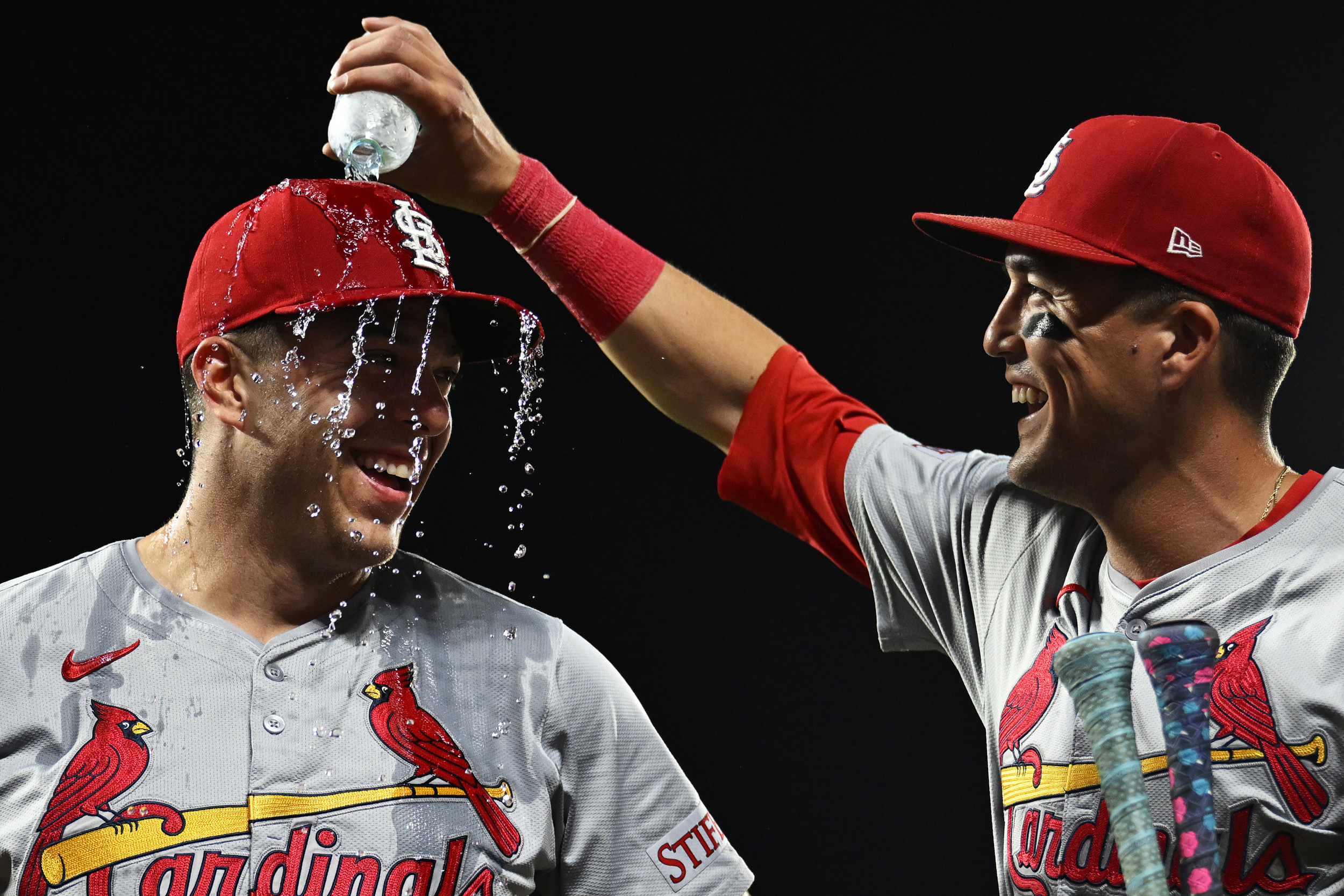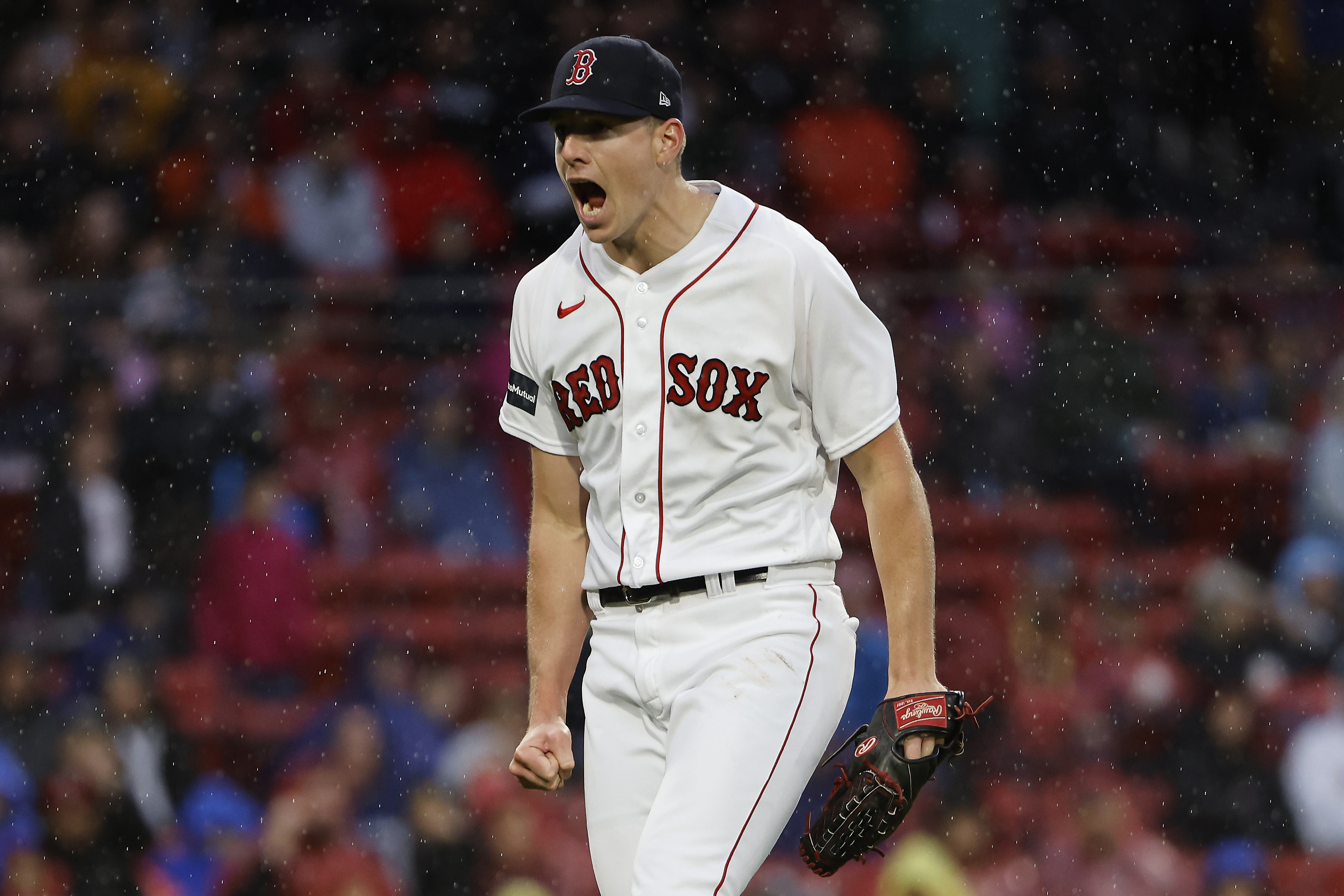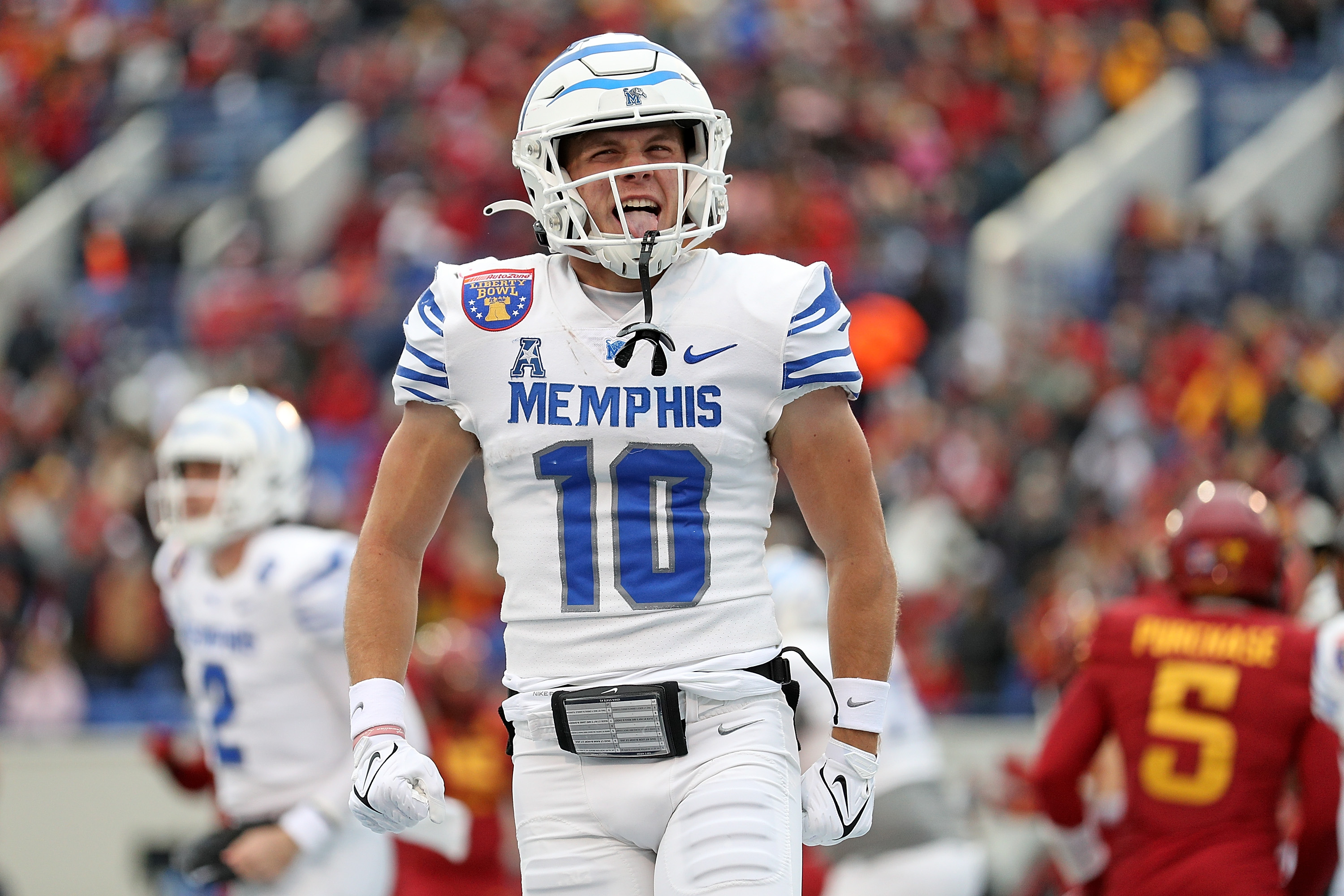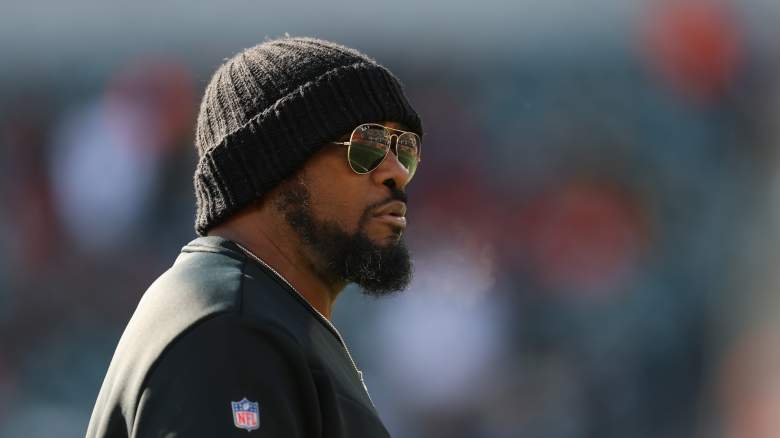NASCAR insiders Jordan Bianchi and Jeff Gluck are advocating for huge changes to bring drivers closer to the public, similar to the practices seen in Formula 1.
The proposed changes center around the greater expression of drivers' unique personalities. NASCAR drivers have frequently been constrained by the sport's regulatory framework, which often prioritizes maintaining a pristine public image over showcasing the human side of racing.
Jordan Bianchi argued for this in a recent episode of "The Teardown" podcast. Bianchi remarked:
"Let them speak their mind. I do feel like in this day and age in NASCAR, there's so much 'let's not go down that road' or 'let's not do that.

"...When you let these guys be the personalities, there's a lot of great personalities in this sport that just don't get showcased or don't let allowed to come out. When the cameras are off, it's like 'Man, these guys are great.'
"I wish they could see how some of these drivers interact with us or fans or whomever away from it because it's much different, and I think it grows. If the idea is to have superstars in your sport, you've got to put them in a position to be allowed to be superstars and part of that is showing a personality."
The sport once celebrated larger-than-life figures, including Dale Earnhardt, Jeff Gordon, and Tony Stewart, whose charismatic personas drove both cultural relevance and sports viewership.
However, recent drivers such as Elliott and Larson, though skilled and successful, have struggled to reach similar levels of fame. NASCAR's current model contrasts sharply with the approach in Formula 1, where drivers are constantly speaking to the media.
This difference in approach is something that Jeff Gluck, co-host of "The Teardown" podcast, commented on. He noted that Formula 1 drivers consistently engage with the media, thereby fostering more relatable and dynamic personas. Gluck explained:
"You want somebody, you want a driver and need to ask them a question, you're going to get them. Then every single driver talks after qualifying, and then every single driver talks after the race. They could crash out on Lap 2, they talk. They could qualify last, they talk, they have to. You're hearing from these guys all the time."
Greater access to NASCAR drivers could lead to heightened fan engagement and a rejuvenated public interest in the sport. It could also attract a new generation of viewers who connect with the personal narratives and authenticity of the drivers.
In comparing NASCAR to other major sports, it's evident that charisma and relatability are core elements that help athletes amass followings.




















 English (US) ·
English (US) ·